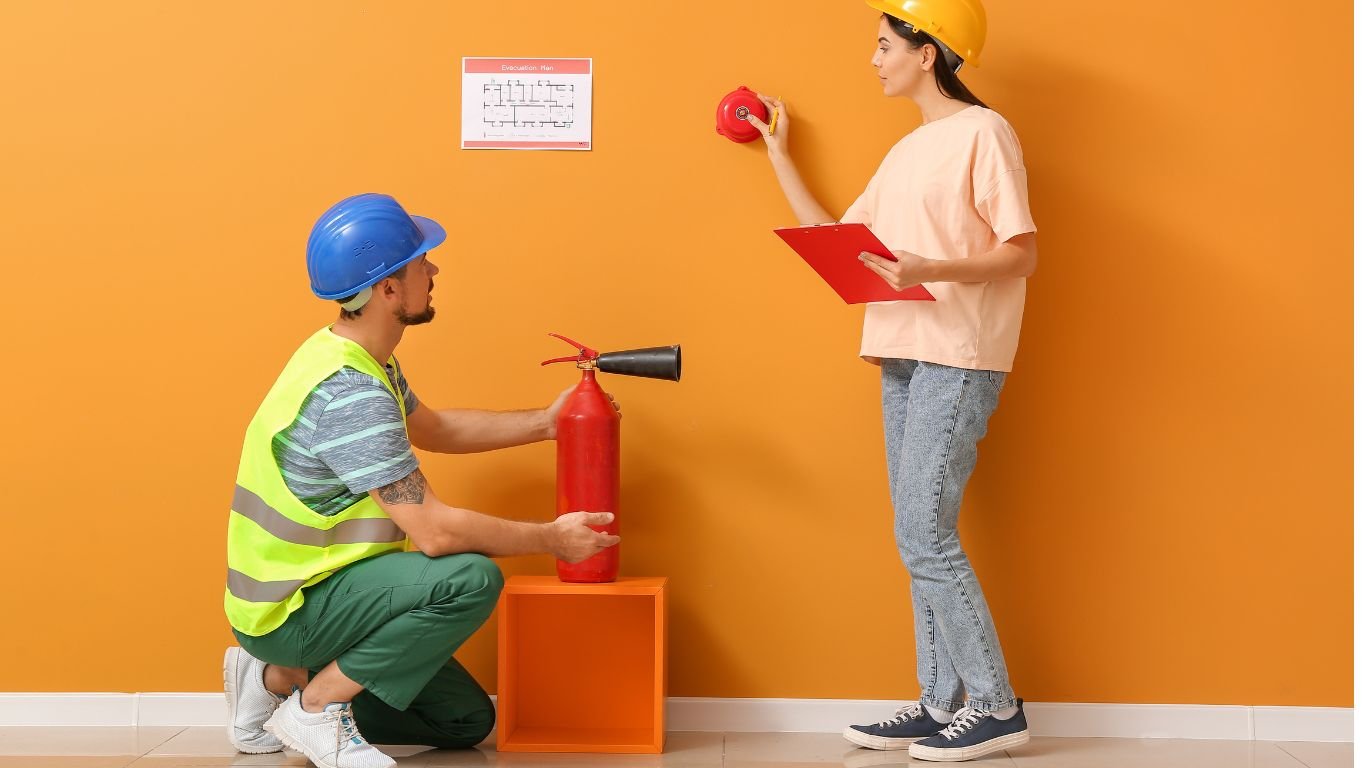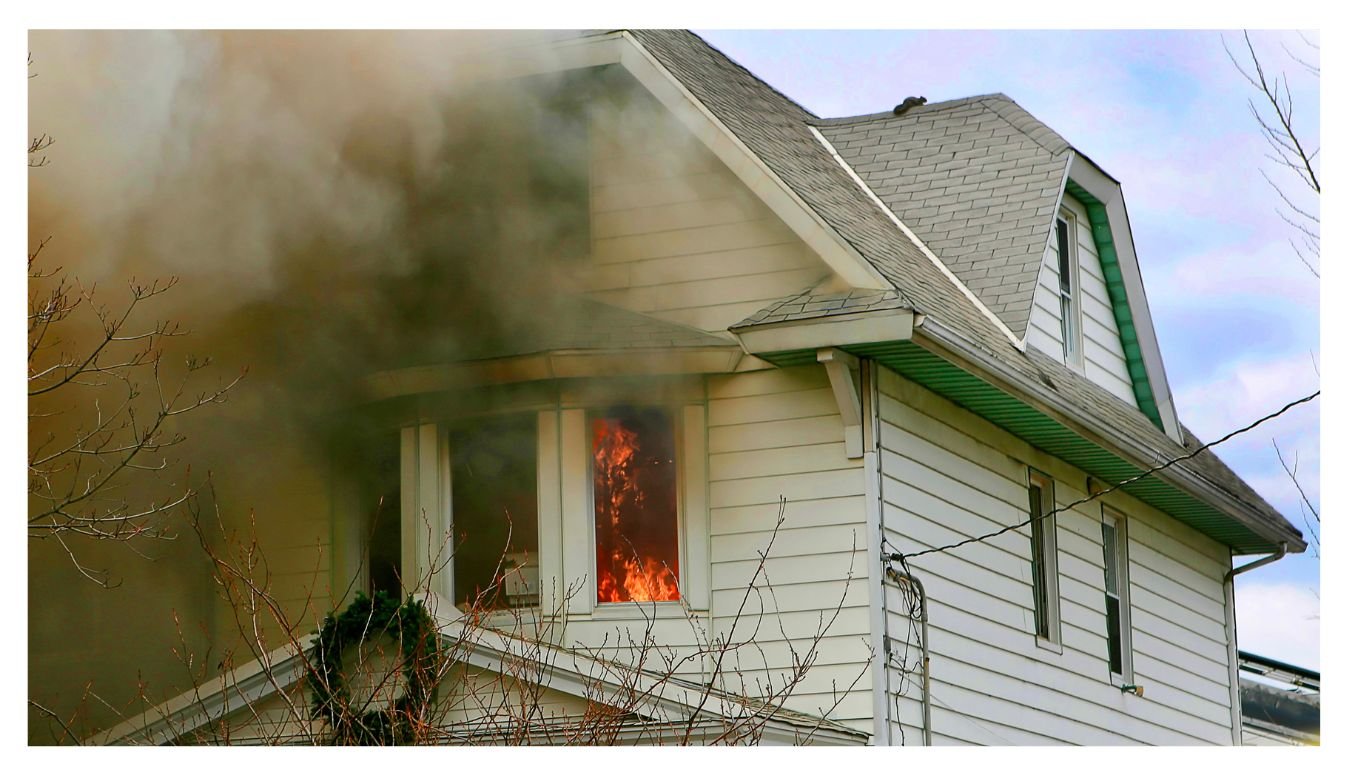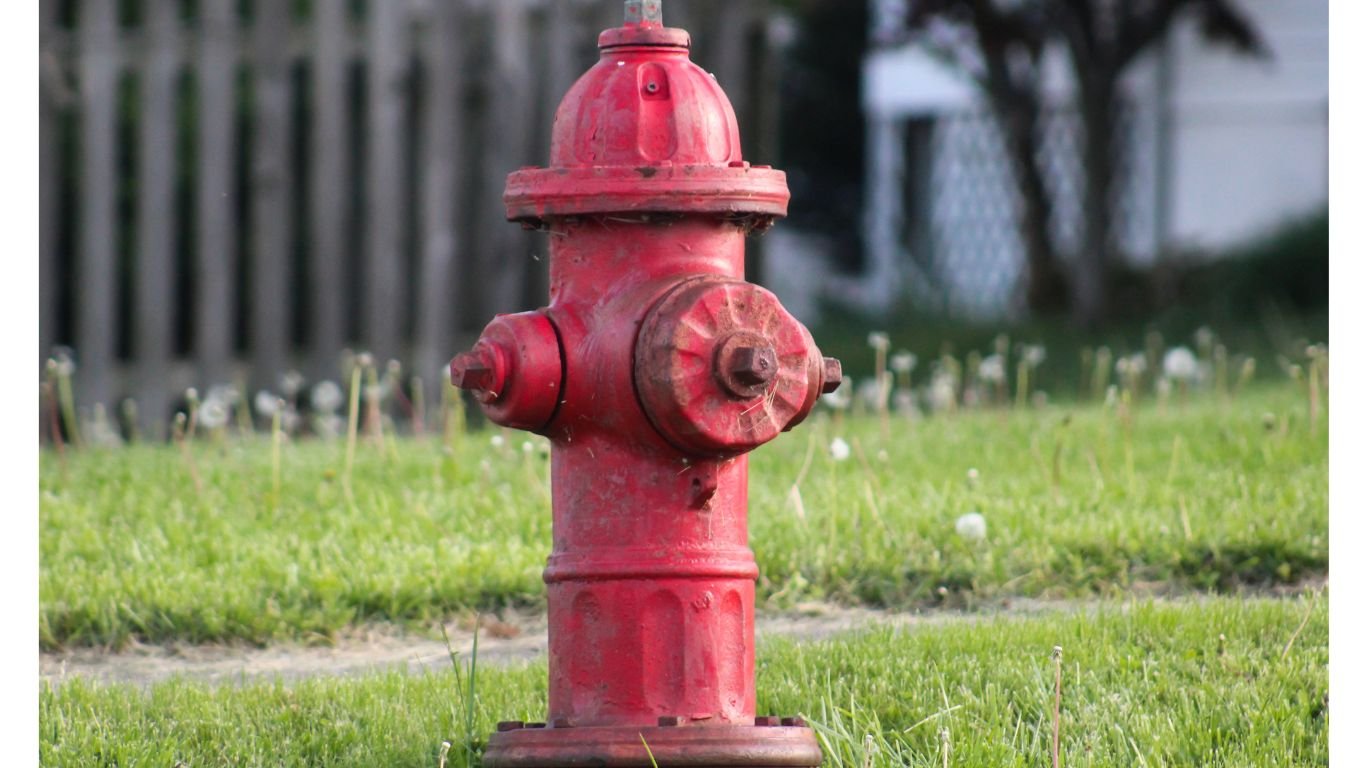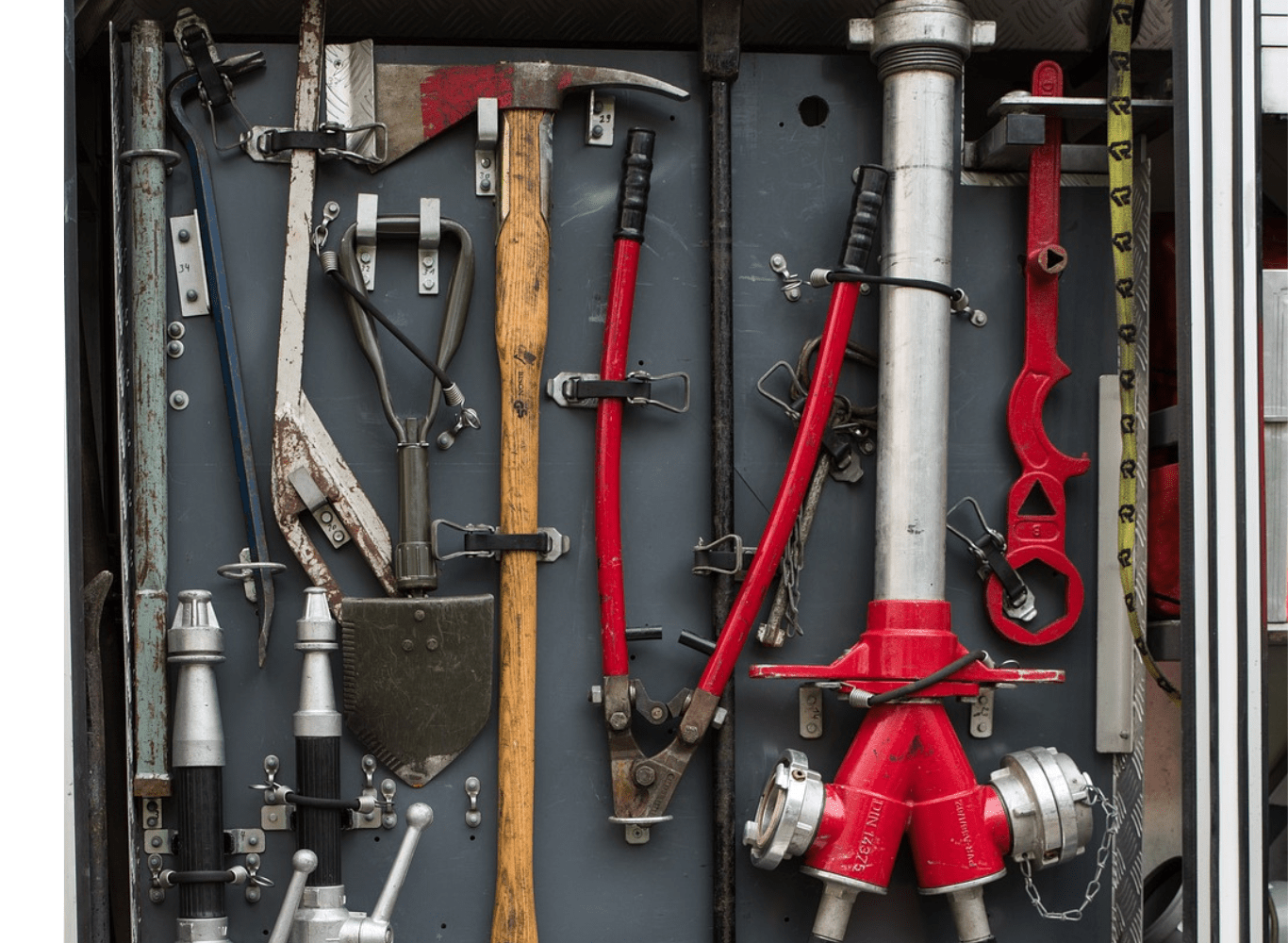Fires can happen unexpectedly and can be devastating. They can cause damage to your property, harm your loved ones, and even result in death. That’s why it’s crucial to take fire safety seriously and take necessary precautions to protect your home and loved ones. In this blog, we will explore various aspects of fire safety and what you can do to prevent fires and protect yourself and your family.
Understanding the Risks
Fires can start in many different ways, from electrical malfunctions to cooking mishaps to candles left unattended. It is important to understand the risks and take steps to minimize them. Common causes of house fires include:
Cooking
Leaving cooking unattended is one of the leading causes of home fires.
Electrical problems
Wiring that is outdated, overloaded, or frayed can be a fire hazard.
Smoking
Smoking indoors or improper disposal of cigarettes can lead to fires.
Heating
Portable heaters, furnaces, and other heating sources can be dangerous if not used properly.
Candles
Candles can be a fire hazard if left unattended or placed too close to flammable materials.
Responding to a Fire
Even with all the precautions you take, fires can still occur. It is important to know how to respond in case of a fire:
Get out
If a fire starts, your priority should be to get out of the house. Do not try to put out the fire yourself unless it is tiny and contained.
Alert others
If there are others in the house, alert them to the fire and help them get out.
Call to Fire Emergency Helpline
As soon call to fire emergency helpline for fire tender.
Stay out
Do not return to the house until the fire department has given the all-clear.
RACE Fire Safety
In case of a fire, it’s essential to have a plan in place. RACE is an acronym for Rescue, Alarm, Contain, and Extinguish. These four steps are crucial in case of a fire emergency. The first step is to rescue anyone in immediate danger, such as children, the elderly, or anyone with mobility issues. The second step is to sound the alarm and alert everyone in the building or house. The third step is to contain the fire by closing all doors and windows, turning off gas and electricity, and using fire extinguishers if necessary. Finally, if the fire is small and can be extinguished, use the PASS technique.
PASS Fire Safety
PASS is another acronym that stands for Pull, Aim, Squeeze, and Sweep. This technique is used to operate a fire extinguisher effectively. First, pull the pin on the extinguisher to break the tamper seal. Aim the nozzle at the base of the fire, not the flames. Squeeze the trigger to release the extinguishing agent and sweep the nozzle from side to side.
Fire Safety Training
Fire safety training is crucial for everyone in the house, workplace, or school. Training teaches people how to prevent fires, how to evacuate in case of a fire, and how to use fire extinguishers. Many organizations provide fire safety training, and you should take advantage of these resources to ensure that you and your loved ones are well-prepared in case of a fire emergency.

Fire Safety Tips
Here are some tips that you can implement in your home:
Install smoke detectors
Smoke detectors are essential in alerting you to a fire in your home. Make sure you have them installed in every room and check them regularly to ensure they are working properly.
Keep flammable materials away from heat sources
Keep anything that can burn away from heat sources such as stovetops, space heaters, and candles.
Use caution when cooking
Never leave food unattended while cooking and make sure you turn off the stove or oven when you’re finished.
Be careful with cigarettes
If you smoke, always do so outside and make sure you properly extinguish the cigarette in a non-flammable container.
Don’t overload electrical outlets
Overloading electrical outlets can cause a fire. Be sure to spread out your electrical devices across multiple outlets.
Have an escape plan
In case of a fire, it is important to have an escape plan in place. Make sure everyone in your home knows what to do in case of a fire and practice your escape plan regularly.
Fire Safety for Kids
Teaching kids about fire safety is essential to prevent fires and ensure their safety in case of a fire emergency. Here are some fire safety tips for kids:
- Teach them to never play with matches or lighters
- Teach them to stop, drop, and roll if their clothes catch on fire
- Show them how to call the fire helpline no in case of an emergency
- Teach them to crawl low under the smoke in case of a fire
- Practice fire drills with your family
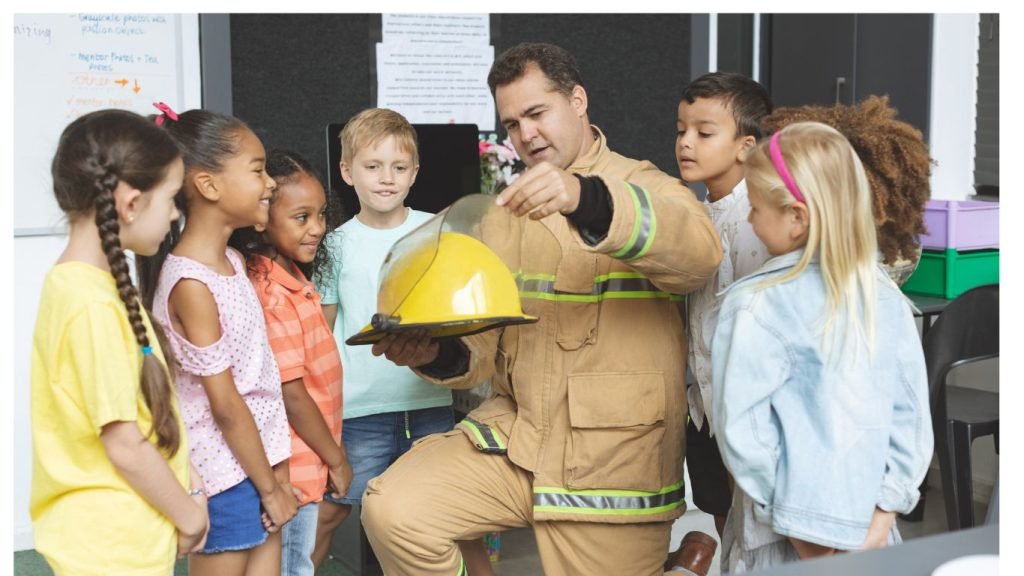
Fire Safety Week 2021 and Fire Safety Month
Fire Safety Week and month is observed annually in the US during the second week of October to raise awareness about it. This is a great time to review your fire safety plan, educate your family and coworkers about it, and ensure that your smoke detectors and fire extinguishers are in good working condition.
Fire Safety USA
Fire safety is a crucial aspect of living in the US, and various organizations and agencies are dedicated to promoting fire safety. The National Fire Protection Association (NFPA) and the US Fire Administration (USFA) provide resources and information about it to the public.
Conclusion
Fires are a danger to both life and property. Fortunately, there are steps you can take to prevent fires and minimize their impact if they do occur. By understanding the risks and taking appropriate precautions, you can help protect your home and loved ones from the devastating effects of a house fire.
Remember to install smoke detectors, keep flammable materials away from heat sources, use caution when cooking, be careful with cigarettes, don’t overload electrical outlets, and have an escape plan. In case of a fire, remember to get out, alert others, call fire department help no, and stay out. By taking these steps, you can help ensure the safety and well-being of yourself and your family.
